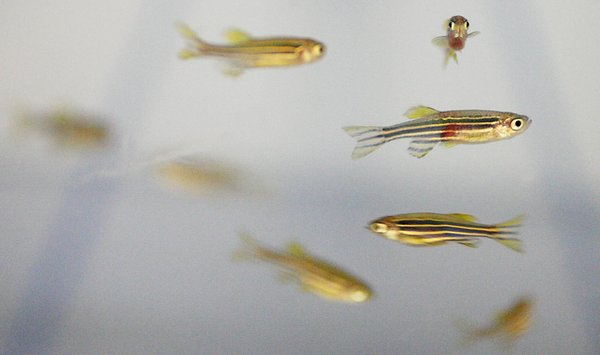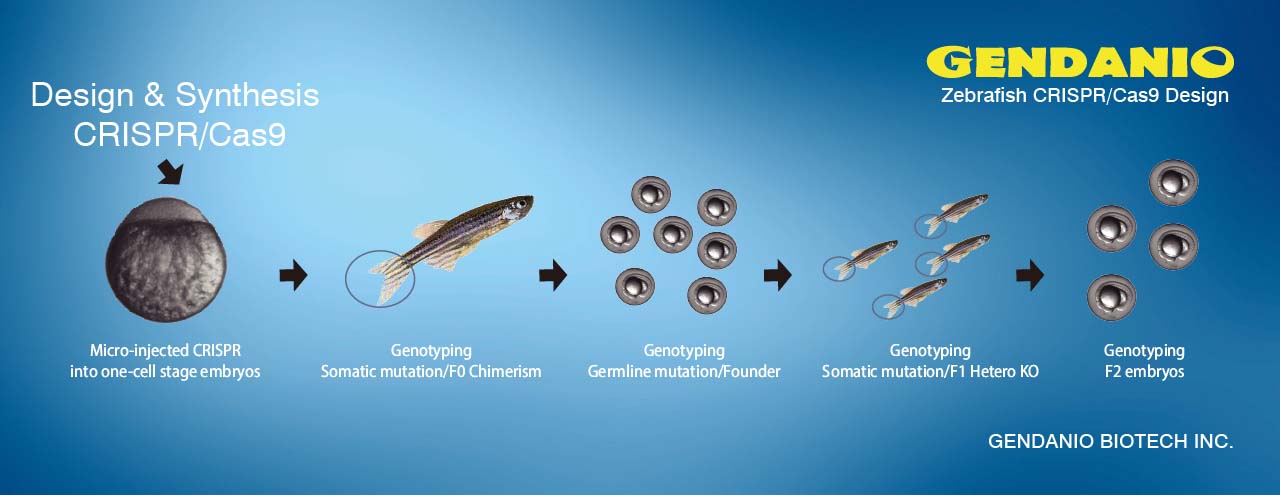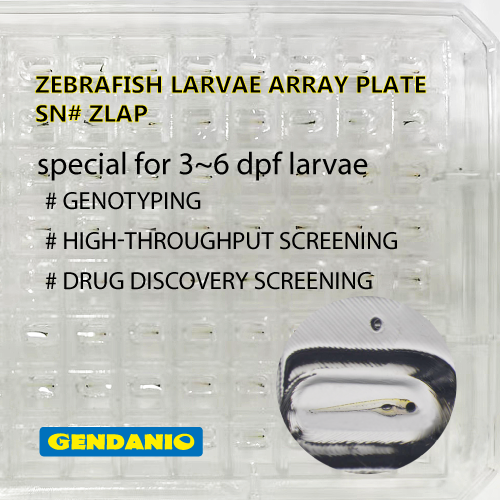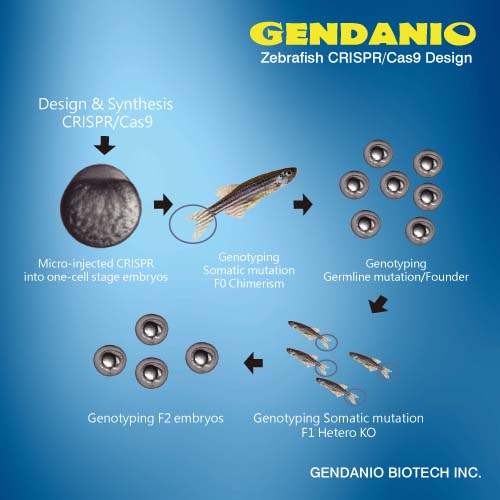MUSC researchers examining zebrafish, mice to look for clues on how disease spreads

Charleston scientists are studying the early development of zebrafish and mice to learn about the progression of metastatic cancer in humans.
The research could yield new treatments that target and disrupt the cell process that causes cancer to metastasize, or spread, said Dr. Philip Howe, associate director of basic science at the Medical University of South Carolina's Hollings Cancer Center.
"Perhaps in five to 10 years, this work will form the basis for clinical trials," Howe said.
Metastatic cancer, which occurs when malignant cells spread from the primary cancer site to other parts of the body, causes about 90 percent of cancer deaths.
Understanding the process will help physicians decide the best treatment options for patients and could prevent disease recurrence, he said.Howe and his group, funded by the National Cancer Institute, are studying how normal cells become invasive cancer cells by examining their development during the earliest stages of life. The normal process of rapid cell reproduction and migration during embryonic growth might reactivate in some adults, enabling metastasis. Blocking the "aberrant reactivation" could inhibit metastasis, Howe said.
Zebrafish are inexpensive and are almost fully developed in just more than 24 hours, making them convenient for scientific research, Howe said.
About 155,000 women in the U.S. have metastatic breast cancer, according to the Metastatic Breast Cancer Network, a nonprofit advocacy group.
Nearly a third of women considered cured of breast cancer will have a recurrence and metastatic spread of the disease, says a recent report by the National Breast Cancer Coalition, a national advocacy and lobbying group. But exact numbers are not collected, and relatively little is known about the disease.
Current treatments include estrogen blockers, radiation and chemotherapy, which shrink or slow metastatic tumors and generally offer patients only temporary results, according to the coalition.
Reach Renee Dudley at 937-5550.
Source: www.postandcourier.com
























